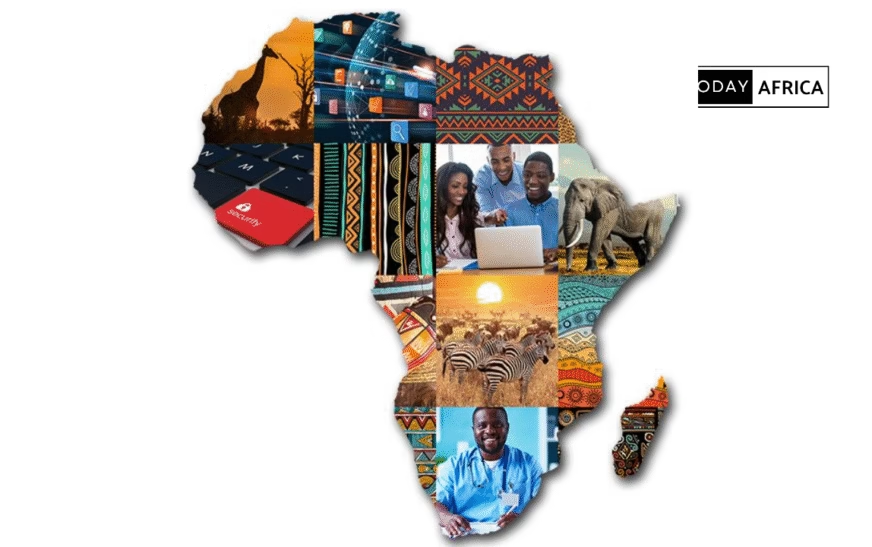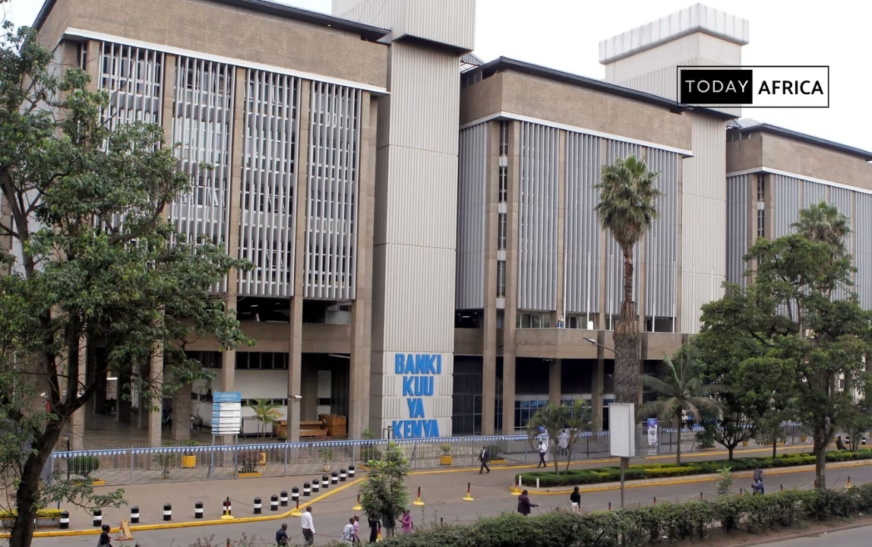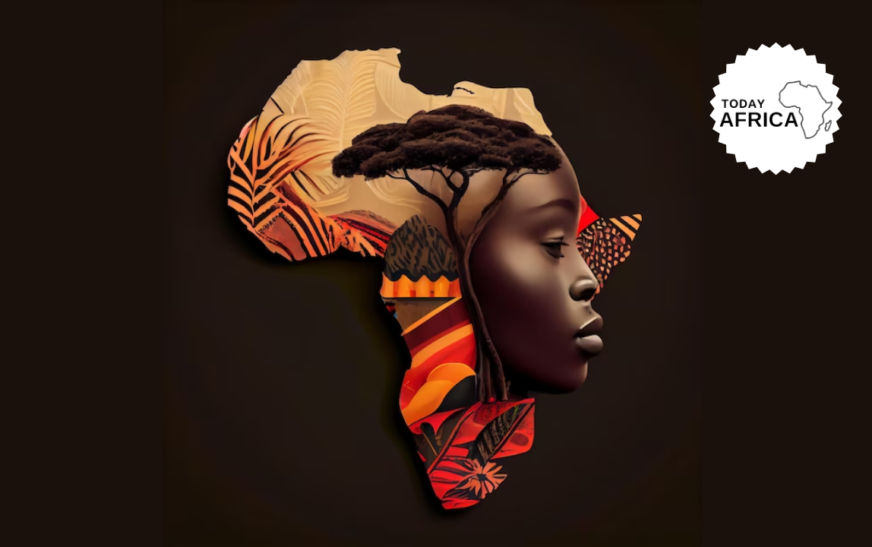For years, Africa has stood at the intersection of fascination and oversimplification in the global tech conversation.
Silicon Valley, the world’s tech capital, has turned its gaze toward the continent with increasing intensity: venture capital trickles and surges, hackathons branded as “bridges,” evangelism around blockchain and Web3, and celebratory headlines announcing “the next billion users.”
Yet beneath the headlines lies an uncomfortable truth: much of what Silicon Valley thinks it knows about Africa is filtered through narrow lenses, legacy assumptions, and outdated frameworks.
The result is a caricature, not a clear picture. If the global tech community wants meaningful, mutually beneficial engagement, it must first unlearn—and relearn.
Africa is not a market; it’s 54 markets with 1.4 billion realities
Too often, Africa is framed as a monolith—a “1.4-billion-person opportunity” waiting to be unlocked by the right app or an aggressive venture round. This is a costly misconception.
Every market on the continent is shaped by its own:
- Regulatory environments: consider how South Africa’s highly formalized compliance landscape differs from Kenya’s sandbox-driven experimentation or Nigeria’s evolving fintech rules.
- Currencies, cultures, and languages: from Francophone West Africa’s CFA franc to Ethiopia’s birr; from Arabic in North Africa to Yoruba, Zulu, and Swahili across regions.
- User behaviors rooted in context: informal economies, community finance, oral traditions, and local trust dynamics all influence how products gain adoption.
A fintech app that thrives in Lagos cannot simply be “copy-pasted” into Lusaka. A logistics model proven in Nairobi may struggle to survive Kinshasa’s infrastructural realities. Treating Africa as a single beta-test environment ignores nuance, and nuance is where sustainable success is forged.
Read Also: Why Many African Startups Fail Before Their Third Year
Tech isn’t always the answer. Sometimes, context is
Silicon Valley loves speed, scale, and “move-fast-and-break-things.” Africa often demands patience, precision, and authentic partnership.
Take M-Pesa in Kenya: its success was not because of blockchain wizardry or super-app bravado.
It thrived because it mirrored existing trust networks, fit cultural payment norms, and solved a very real infrastructural gap. It earned legitimacy by aligning with community patterns—not by parachuting in an abstract solution.
Technology cannot leapfrog trust, culture, or the deep logic that underpins community relationships. Context beats code, every time.
Innovation here looks different—and that’s a strength, not a weakness
In Silicon Valley, “innovation” is often measured by blitz-scaling, unicorn status, and the size of a Series A. In Africa, innovation frequently emerges as creative problem-solving under constraint:
- Transforming chamas (informal savings groups) into grassroots microfinance.
- Delivering crop prices and weather alerts to farmers via USSD, bypassing smartphone penetration challenges.
- Building solar microgrids to power last-mile villages without waiting for national grid expansion.

These are not “lite” versions of innovation. They are context-aware, resource-smart, deeply human solutions to complex realities.
Dismissing them because they lack Valley jargon or sleek pitch decks is to miss the brilliance entirely. Innovation is always local, adaptive, and responsive to the environment that births it.
See Also: Why African Startups are Gaining Global Attention (and What’s Next)
The obsession with the “expat founder” problem
A troubling pattern persists: foreign founders with limited lived experience in Africa attract outsized funding for “African solutions,” while local founders—those who navigate cultural nuance and scarcity daily—bootstrap in silence.
The quiet rationale often heard is: “The expat understands global scale; the local founder might not.” This logic is both flawed and unjust.
Local founders:
- Possess intimate knowledge of trust, timing, and community dynamics.
- Achieve more with less, demonstrating remarkable capital efficiency.
- Build with a commitment rooted in lived reality, not fleeting market trends.
What many lack is not vision or competence—but access. Venture ecosystems must invest in proximity and authentic expertise, not just polish and accent.
Metrics must match market reality
African start-ups operate in fundamentally different conditions:
- Lower ARPU (Average Revenue Per User)
- Persistent cash dependency
- Limited or fragile infrastructure
- Fragmented logistics and high operational friction
Expecting “10x in 24 months” without adjusting for these dynamics leads to distorted growth models and pressure-cooker strategies.
African ventures require patient capital, localized KPIs, and investors who align with long-term ecosystem growth rather than vanity metrics imported from Palo Alto.
Infrastructure first, apps second
Africa’s greatest digital opportunity lies not in launching the next viral short-form video app but in building foundational enablers:
- Addressing systems and reliable identity frameworks
- Efficient logistics infrastructure and last-mile delivery networks
- Affordable, pervasive broadband connectivity
- Secure, sovereign data management
An elegant platform layered on brittle infrastructure is a house on sand. In the U.S., infrastructure is largely invisible; in Africa, it is the battleground—and victory requires deliberate, systemic investment.
Read Also: The Role of Women in the African Tech Ecosystem
Data colonialism is real—and the stakes are high
As AI, Web3, and big-data economies expand, Africa risks becoming the world’s largest training set with the least ownership.
Global platforms harvest data, build value elsewhere, and return marginal benefits to the communities generating the data.
From AI models misclassifying African geographies to fintechs quietly training proprietary algorithms on African financial behaviors, the asymmetry persists. To shift this trajectory, the ecosystem must prioritize:
- Community-led data governance
- African-owned digital infrastructure
- AI labs and research centers fluent in Swahili, Amharic, Yoruba, and countless other African languages—not just Python and SQL.
Respecting Africa’s digital sovereignty is no longer optional; it’s existential.

From frontier myth to co-builder reality
If Silicon Valley is serious about “helping,” it must evolve from the frontier mindset to a co-builder ethos:
- Listen before you build.
- Invest in local founders without needing a Western “translator.”
- Co-create, don’t extract.
- Design for complexity, not just speed.
- Redefine success using metrics that resonate locally.
- Support long-term ecosystem growth, not just MVP theatrics.
Africa is not waiting to be “discovered.” It is already innovating, adapting, and reshaping its future—on its terms. The true opportunity lies in partnership, mutual respect, and shared value creation, not in a savior narrative.
To those who genuinely understand, welcome. You are standing at the real frontier of global tech’s future—a frontier defined by collaboration, creativity, and resilience.
May your hands build wisely, and may your work honor the brilliance already unfolding across the continent.
Leave a comment and follow us on social media for more tips:
- Facebook: Today Africa
- Instagram: Today Africa
- Twitter: Today Africa
- LinkedIn: Today Africa
- YouTube: Today Africa Studio
















